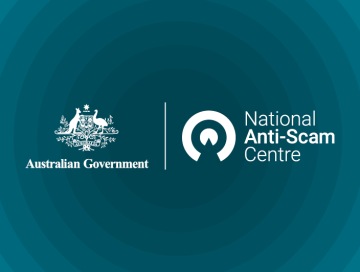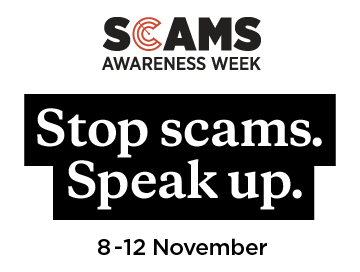90 results, showing 1 to 10
Criminals are impersonating real businesses and offering fake sustainability investment bonds. They claim these bonds offer high returns and are protected by the government.

Criminals are emailing people claiming they have hacked into their computers or webcams and have access to compromising images and videos of them. These criminals threaten victims saying they will release the images and videos unless they are paid.

Criminals are calling, emailing or messaging people and pretending to be from their bank so that they can steal your money.

Scammers are creating lifelike impersonations (or 'deepfakes') of celebrities and public figures, who appear to be promoting 'quantum' or 'AI' online trading platforms.

In May 2023, the government funded the ACCC to set up a new National Anti-Scam Centre.
The centre will bring together experts from government and the private sector to tackle harmful scams.

Losses to imposter bond investment scams have nearly tripled in the first half of this year with consumers losing over $20 million to these sophisticated scams.

Australians lost over $205 million to scams between 1 January and 1 May, a 166 per cent increase compared to the same period last year, according to new data from Scamwatch.

Scams Awareness Week 2021 takes place 8-12 November. This Scams Awareness Week we’re encouraging everyone to start a conversation about scams.

Since August 2021, many Australians have been getting scam text messages about tracking a delivery, missed calls or voicemails, along with a link to download some software. If you receive one of these messages, do not click or tap on the link.

Police have received reports of scams involving fake Australian Federal Police (AFP) representatives targeting vulnerable members of the community.



